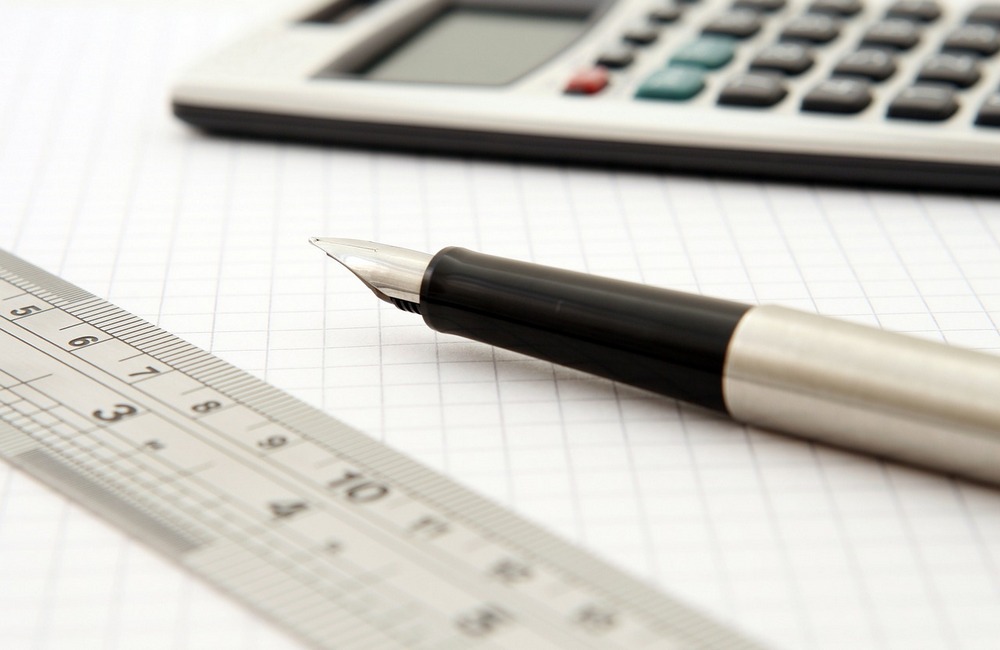Blockchain technology is becoming more and more popular today. Best known for its financial services, distributed ledger technology is now used in medicine, elections, and a variety of other fields. This is possible because of the benefits that the use of blockchain brings, such as security and transparency. Today, the technology is also being used in education. Blockchain-based digital diplomas, in particular, are becoming increasingly popular.
There are many advantages to blockchain-based digital diplomas. One of the key ones is verifiability. Blockchain-based diplomas can be verified and validated in minutes. There is no need to go to archives and lift paper documentation. It is enough to open the desired mobile application, and the potential employer will have all the information about the candidate for the position: his specialization, date of graduation, grades, practices and university successes. This allows the employer to get detailed information about the candidate without much difficulty. Moreover, blockchain, due to its decentralization, makes it virtually impossible to forge a diploma. The principles on which distributed registry technology is based make it impossible to undetectably fix an education document. This significantly reduces the level of fraud in the academic environment.
There are benefits for graduates as well. First, blockchain-based diplomas will never disappear; they cannot be lost, accidentally torn or otherwise rendered unusable. Second, a graduate won’t have to deal with extra paperwork, collect it from archives or request transcripts from the university, because all the information is already stored electronically.
From Massachusetts to Vietnam
The first digital credentials began being issued in 2015. The pioneer was the Massachusetts Institute of Technology. The institute’s MIT Media Lab then issued the first digital certificates to its employees. They weren’t diplomas yet, but they were the beginning of digital certificates of education.
The same lab, along with Learning Machine, provided the technological opportunity for the breakthrough and distribution of digital credentials. In October 2016, it released the Blockcerts standard, which provided the ability to access and instantly verify diplomas, certificates, and awards. Blockcerts was based on the Bitcoin blockchain. The standard runs on open source code, and the creators are encouraging the participation of other developers to make the system more reliable and efficient. Today, the MIT Media Lab is no longer involved in the life of Blockcerts, and Learning Machine, which has become Hyland Credentials, has remained the main steward of the project.
“Collecting and verifying test results, authenticity of copies, diplomas and other official documents was and still is the kind of messy paperwork that ruins many people’s lives. The loss of time and money in the process of requesting documents and verifying them often results in missed opportunities that are detrimental to educational institutions, employers, and the broader community where these processes operate. In addition, the conflict in Syria has triggered a flood of refugees the world has not seen since World War II. It has shown us that there is an urgent need for students to be able to keep proof of learning with them. It’s important for them to be able to verify their education, even if the educational institutions or governments that issued certain documents no longer exist,” explained Learning Machine co-founder and chief operating officer Dan Hughes in 2016, explaining the need for digital credentials.
Interest in Blockcerts came almost immediately. As early as January 24, 2017, Malta’s Ministry of Education and Employment announced that it had begun developing a pilot project to move all education documents, including university diplomas, to blockchain. The small island nation was the first country in Europe to embrace the idea of digital diplomas.
That same year, the idea of digital diplomas was implemented for the first time. The Massachusetts Institute of Technology, in cooperation with Cambridge University, produced the first 100 educational documents in blockchain as part of a pilot project. The same Blockcerts standard was used. In parallel with the Americans and Malta, the same standard began to be tested at the Australian University in Melbourne. In 2018, digital diplomas based on the Blockcerts standard were launched in 16 English-speaking Caribbean countries, including Barbados and Jamaica, for example.

